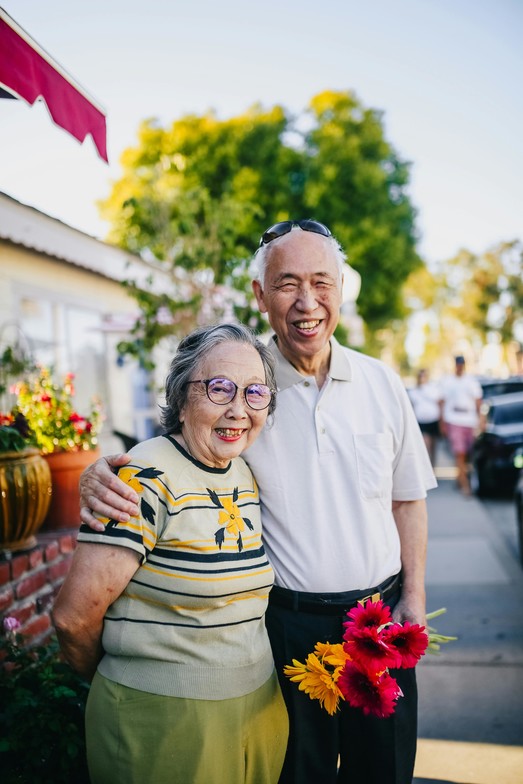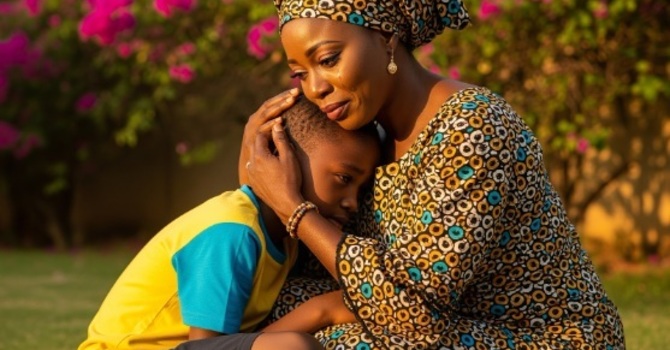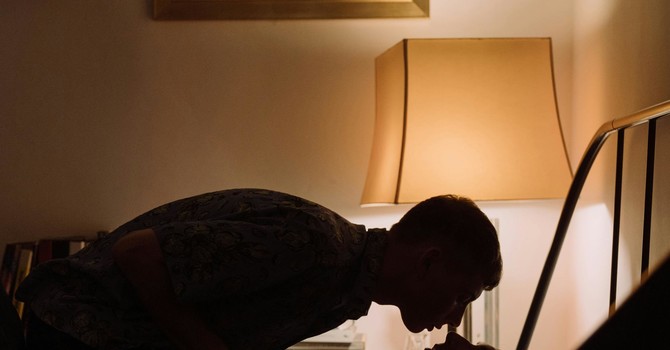
Introduction: The Quiet Crisis Facing Asian-Canadian Millennial Caregivers in Ontario
Across Toronto and the GTA, more and more millennial-aged adults—especially within Chinese and other Asian Canadian communities—are stepping into the role of caregiver. For many, this isn’t just about scheduling appointments or offering rides. It’s about becoming the emotional, logistical, and medical backbone for aging or terminally ill parents.
This responsibility doesn’t come with a manual. And when layered with cultural expectations, language barriers, and a lack of clear communication, the result can be overwhelming stress, guilt, and quiet burnout.
What Is Filial Piety?
Filial piety is a core value in many East and Southeast Asian cultures. At its heart, it means showing deep respect for one’s parents—through care, obedience, loyalty, and often, sacrifice.
In practice, this can look like:
-
Taking on full-time caregiving responsibilities, even while juggling a career or young children.
-
Making medical decisions on behalf of a parent—sometimes without them even knowing their full prognosis.
-
Avoiding end-of-life conversations out of a desire to “protect” the parent from distress.
While rooted in love and cultural tradition, this sense of obligation can become emotionally heavy—especially when adult children are unsure what their parents truly want, or feel they must handle everything alone.
Understanding Familism
Closely tied to filial piety is familism—the belief that the needs of the family should come before individual desires.
For many Asian Canadian millennials, familism can show up as:
-
Guilt for setting boundaries or needing support.
-
Shame around seeking outside help or therapy.
-
Internal conflict when Western norms (like patient autonomy) clash with traditional expectations.
When your caregiving choices are shaped by cultural loyalty, but your emotional needs are left out of the picture, it’s easy to feel lost between two worlds.
The Weight of Decision-Making
In some families, parents are not informed of a terminal diagnosis, in hopes that they’ll live their remaining time without fear. This approach may protect the elder’s emotional state—but it often leaves adult children carrying the full burden of decision-making.
They become the ones signing the papers. Deciding when to stop treatment. Managing pain plans. Navigating hospice.
This silent responsibility brings anxiety, fear, and deep guilt: “Am I making the right choice?” “What if they would’ve wanted something different?” “Will my family blame me?”
These are not small questions—and no one should be left to answer them alone.
Caught Between Cultures: Acculturation Stress
Acculturation refers to the emotional and psychological stress of adapting to a dominant culture—in this case, Canadian values—while trying to honor one’s own cultural traditions.
Many second-generation caregivers find themselves caught between:
-
Canadian healthcare norms that prioritize openness, documentation, and advance directives.
-
Traditional values that avoid discussing death, prioritize family harmony, or expect self-sacrifice.
This cultural push and pull can lead to internal conflict, uncertainty, and feelings of failure—especially when expectations are unspoken or clash across generations.
When Language Is a Wall
In many Asian Canadian households, adult children act as translators at every medical appointment. They interpret complex procedures, explain diagnoses, and sometimes soften harsh news—all while trying to process it themselves.
On top of that, there may be a communication gap between the parent and child themselves. Even if both speak the same language, concepts around death, pain, or emotional preparation might not translate well.
This ongoing role of interpreter, advocate, and emotional anchor is exhausting. It leaves little room to grieve, rest, or just be a son or daughter.
How to Cope—and Where to Get Help in Ontario
You don’t have to carry this alone. Here are a few ways to create space for support—without betraying your family values:
-
Start with your own planning: Begin with your wishes. Use tools like the Speak Up Ontario Advance Care Planning workbook—available in multiple languages, including Chinese—to model open conversations about death and care.
-
Set small boundaries: You can respect your parents and still say no to certain roles or demands. Even one small limit can ease the pressure.
-
Find culturally competent support: Therapists and grief counsellors who understand the nuances of filial piety and familism can help you work through guilt, grief, and cultural conflict—without needing to explain the basics.
Redefining What It Means to Be a “Good” Child
Being a good child doesn’t mean doing everything yourself.
It doesn’t mean burning out in silence or absorbing everyone else’s pain. Sometimes, the most loving thing you can do is ask for help. To clarify wishes. To set boundaries. To plan ahead—not to give up, but to create peace.
In the end, caregiving is an act of love. But love can also look like rest, honesty, and shared responsibility.
Reference
Miyawaki, C. E. (2015). A review of ethnicity, culture, and acculturation among Asian caregivers of older adults (2000–2012). Frontiers in Public Health, 3, 1–14. https://doi.org/10.1177/2158244014566365
Monica Lau
Contact Me



